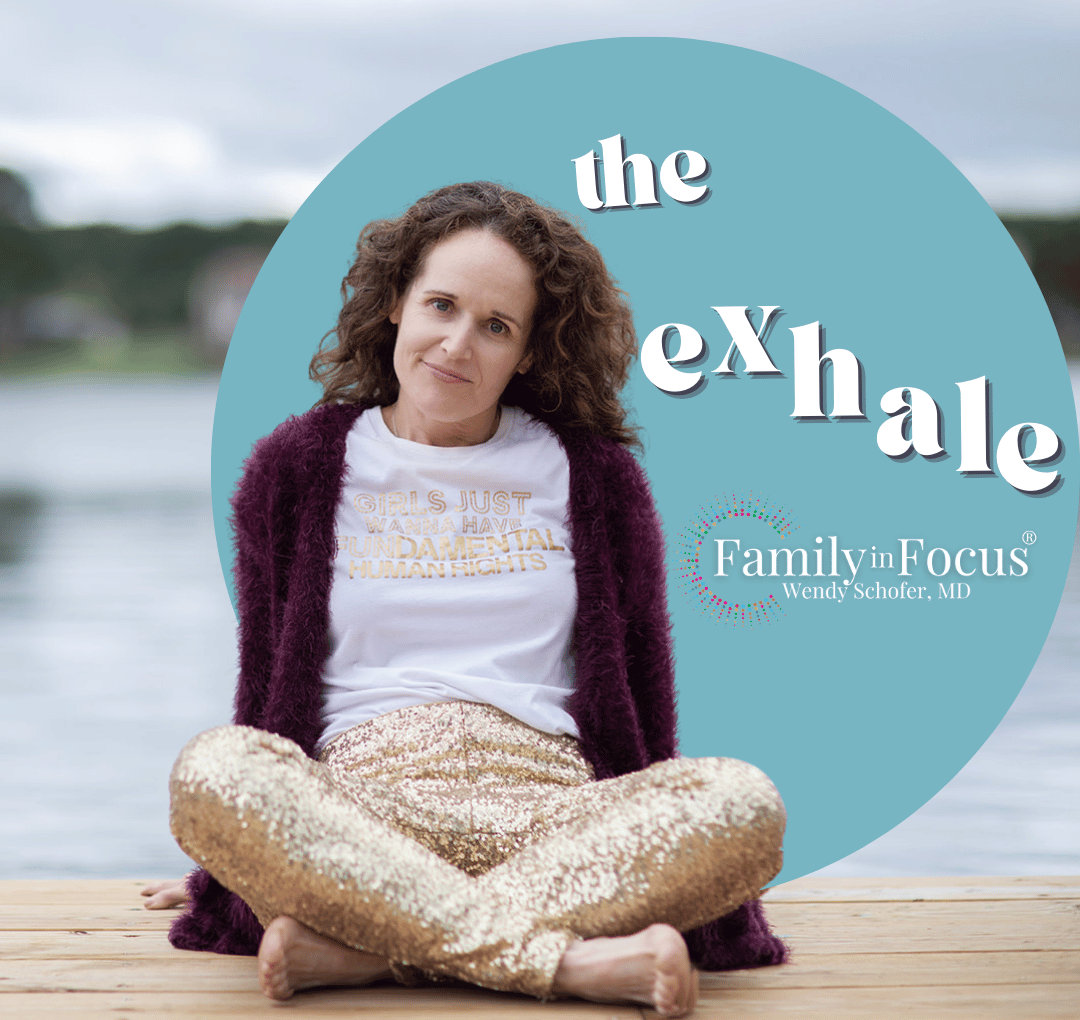
Previously, I invited you to observe the patterns of your family’s behaviors.
What have you been noticing?
What is happening right before the behaviors?
Emotions drive our behaviors.
Whatever we do - or don’t do - it’s because of an emotion.
Now we can’t always tell what someone else is feeling, so we are going to start by observing what happens for ourselves.
Notice how:
We do things when we feel motivated: interested, intrigued, curious, desire, craving.
We don’t do things when we either feel bad or think that we will feel bad:
-- the feeling of dread that comes up on Sunday… before having to go back to work on Monday?
– hitting the snooze bar again because we just aren’t feeling like getting out of bed
– we don’t eat the apple when we think it’s boring
And then there are the things we do because we don’t want to feel:
I eat when I don’t want to feel bored
I eat when I don’t want to feel lonely, tired, frustrated, stressed, sad… or dread, fear, or even joy.
I reach for my phone when I don’t want to feel restless or bored or uncertain or stressed… notice how there are plenty of emotions that create a path towards grabbing my phone.
The cool thing to notice is that we tend to have the same programming going on pretty repeatedly. When X, then Y.
When an uncomfortable emotion occurs, I ….
Shut down?
Get angry?
Switch gears and do something else?
Give up?
Eat?
Grab my phone?
This is why all of those approaches where we address the behavior - the eating, the movement, the electronics - do not work because we aren’t addressing why we do them in the first place: the emotions.
When we understand emotions, we open up the possibility for so much more:
Emotions are signals - vibrations in our bodies.
I like the signals description - because they are ways for our bodies to communicate with us, if we are open to hearing the signals, and doing something about it.
They are noted to be vibrations because we feel something, an energy of some sort, in our bodies. Is it tension in your shoulders, a pounding in your chest, a fidgeting, a sinking feeling, a pit in your stomach?
What is the name of that vibration you feel?
And why is it there? What is it trying to tell you?
Another description for emotions is that they are an expression of needs: are your needs being met, or are they unmet? It’s not the whole story, because there are times where we can have a long talk about discomfort can be a normal process - and not a need to meet (think about growing pains, or stage fright or uncertainty before doing something), but it’s still a framework that some people use.
Have you ever just stayed with a feeling?
Sat there with it?
Felt it, described it, let it wander through your body?
Nah, most of us have been told that we don’t have time to feel our feelings, we have to put them aside for another time – which never comes, or that certain feelings are bad.
Absolutely false.
All feelings are welcome - and normal.
We can feel joyful or despondent, angry or craving – how can we welcome the feelings, and let them all be normal?
The challenge is when we try to fight a feeling – “calm down” - how does that work when someone tells you to calm down when you’re angry? It makes me that much more upset! No! There is a reason I am angry… and I WANT to feel it. Trying to stop it makes me… angrier.
What do you do when you feel exhausted? Do you ever ask your body what it needs? Or… do you try to resist the exhaustion, keep trucking along, or grab your phone or a snack?
When we see all emotions as signals, as welcome, as ways our bodies are talking… and they drive our behaviors – what does that mean about what you observed in your family this past week?
What is the power of emotions in your home?
Now, a word of caution – this is for you to learn for yourself right now. This is not to take this information an then start quizzing your child for what they feel before they eat every piece of food or grab for an electronic.
Do not do that.
When parents learn these connections and patterns for themselves, they can become more adept at 1) understanding what their children are experiencing, 2) create a language around emotions, and 3) over time learn that emotions are not problems, they are signals that we get to listen to.
Check out the Family in Focus with Wendy Schofer, MD Podcast!
Stay connected with news and updates!
Join our mailing list to receive the latest news and updates from our team.
Don't worry, your information will not be shared.
We hate SPAM. We will never sell your information, for any reason.


